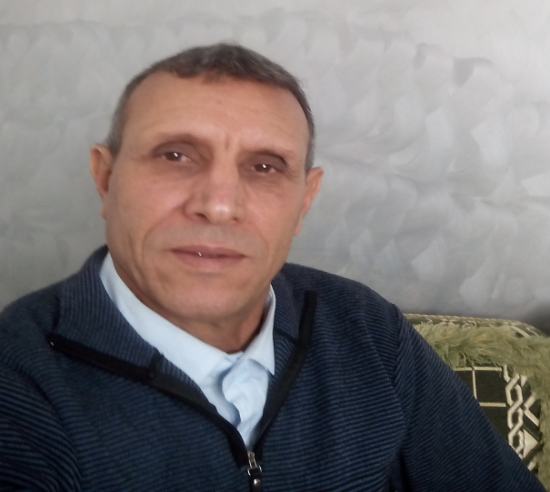
Plenary Lecture
IBIPI Algorithm for Fingerprint Print Artifacts Detection

Professor Yagoubi Benabdellah
Signals and Systems Laboratory
Electrical Engineering Department
Faculty of Sciences and Technology
Abd El Hamid Ibn Badis University
Mostaganem, ALGERIA.
E-mail: yagoubibenabdellah@yahoo.com
Abstract: This lecture addresses the fingerprints matching problem that has been approached by many forensic researchers using various computer system methods. An accurate fingerprints matching is crucial particularly in criminology domain to confirm or deny a person fingerprints. The latter are, however, not always accurately read due mainly to some artifacts and noises on a finger such as dust, scratches or finger damages. These artifacts are, usually, hard to detect and to locate in a fingerprint image leading to incorrect fingerprint readings. We propose, therefore, in this speech a new technique based on the inverse of the individual Gaussian probability (IBIPI) image to detect and locate these artifacts on a fingerprint image. This technique, which will be discussed in detail in this plenary session, is still in its infancy, but we believe however that it has a great potential to enhance fingerprints diagnosis
Brief Biography of the Speaker: Dr B. Yagoubi received the M. Sc degree in Electrical Engineering in 1985 from Bel-Abbes University, Algeria and the Ph. D degree (thin films) (1986-1989) in the Faculty of Sciences from Brunel University (UK). He was the head of the Signals and Systems Laboratory (1999-2003) and the head of the Department of Electrical Engineering (2005-2006). He is lecturing the theory of digital signal, systems modeling and identification, random processes and detection (1996-2013) at Mostaganem University, Algeria. He is involved in some national projects; forest fire detection and study and application of random processes. Further research interests are in real signals and models geometric representation based on Gram-Schmidt orthogonalization concept, as well as using a relative geometric space of observation. Currently his research focuses on the application of the IBIP algorithm to early detection in different domains.